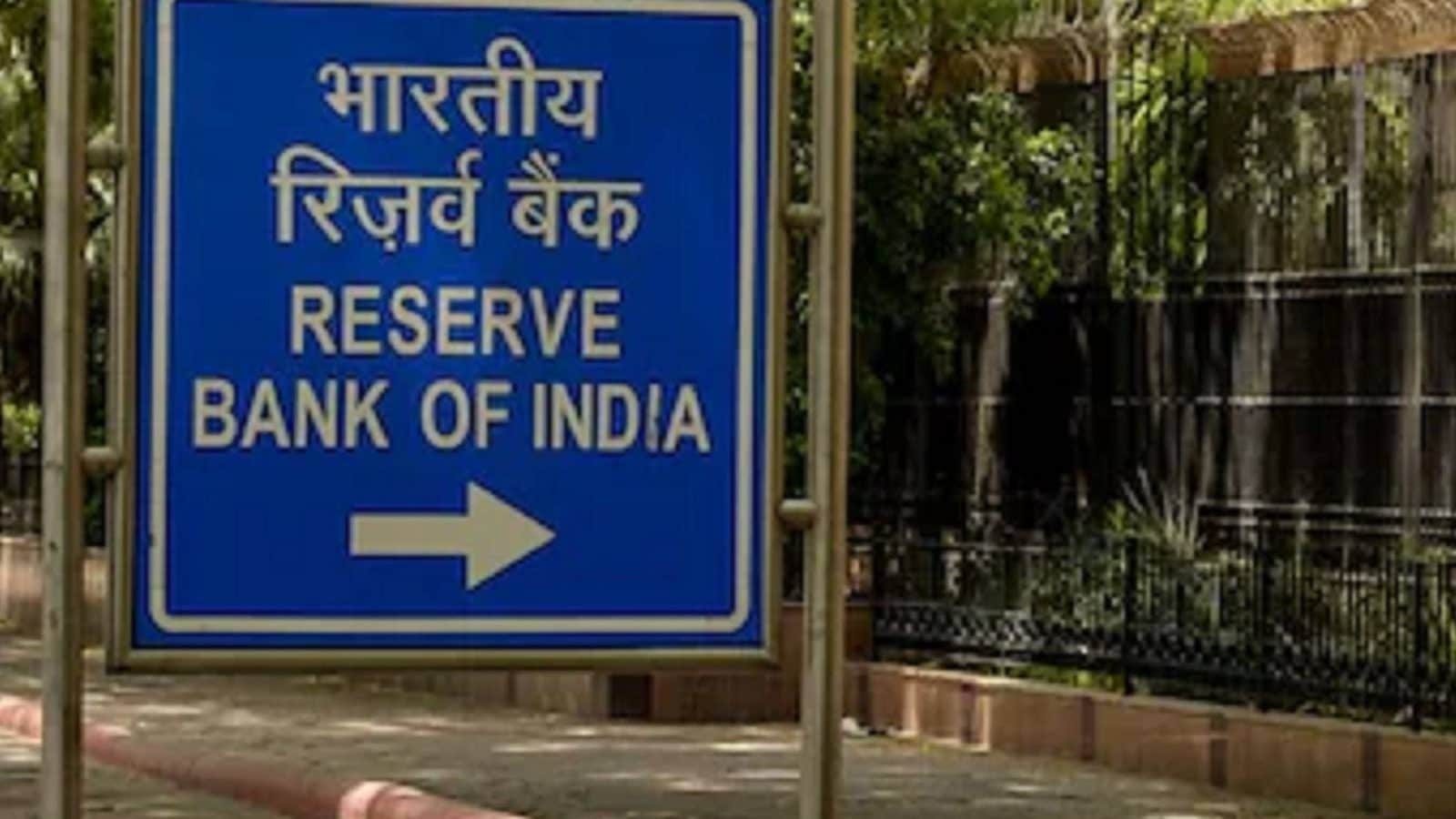Digital Rupee: RBI To Begin First Pilot In Retail Segment on December 1; Full Details Here
The Reserve Bank of India (RBI) on Tuesday announced to launch the first pilot for retail digital rupee (e₹-R) on December 1. It comes less than a month after the central bank on November 1 launched its first pilot in the digital rupee- wholesale segment (e₹-W).
In a statement on Tuesday, the RBI said users will be able to transact with the digital rupee, or e₹-R, through a digital wallet offered by the participating banks and stored on mobile phones / devices. Transactions can be both person-to-person (P2P) and person-to-merchant (P2M).
It said the digital rupee would be issued in the same denominations that paper currency and coins are currently issued.
After the government launched the digital rupee’s first pilot in the wholesale segment on November 1, the first day witnessed a total of 48 trades worth Rs 275 crore using the RBI’s central bank digital currency (CBDC).
“The Reserve Bank announces the launch of the first pilot for retail digital Rupee (e₹-R) on December 1, 2022. It may be recalled that RBI had, in a Press Release dated October 31, 2022, indicated that the pilot in e₹-R would commence in a month’s time,” the RBI said on Tuesday.
Eight banks have been identified for phase-wise participation in this pilot. The first phase will begin with four banks — State Bank of India, ICICI Bank, Yes Bank and IDFC First Bank in four cities across the country. Four more banks — Bank of Baroda, Union Bank of India, HDFC Bank and Kotak Mahindra Bank — will join this pilot subsequently, according to the statement.
It said the pilot would initially cover four cities — Mumbai, New Delhi, Bengaluru and Bhubaneswar — and later extend to Ahmedabad, Gangtok, Guwahati, Hyderabad, Indore, Kochi, Lucknow, Patna and Shimla. The scope of pilot may be expanded gradually to include more banks, users and locations as needed.
The RBI also said the pilot would cover select locations in closed user group (CUG) comprising participating customers and merchants. The e₹-R would be in the form of a digital token that represents legal tender. It would be issued in the same denominations that paper currency and coins are currently issued.
“It (e₹-R) would be distributed through intermediaries, i.e., banks. Users will be able to transact with e₹-R through a digital wallet offered by the participating banks and stored on mobile phones / devices. Transactions can be both person-to-person (P2P) and person-to-merchant (P2M). Payments to merchants can be made using QR codes displayed at merchant locations. The e₹-R would offer features of physical cash like trust, safety and settlement finality. As in the case of cash, it will not earn any interest and can be converted to other forms of money, like deposits with banks,” the RBI said.
The pilot will test the robustness of the entire process of digital rupee creation, distribution and retail usage in real time. Different features and applications of the e₹-R token and architecture will be tested in future pilots, based on the learnings from this pilot.
In October, the RBI had said it would soon commence a pilot launch of the digital rupee (e₹) for specific use cases.
The Central Bank Digital Currency (CBDC) is a digital or virtual currency but it is not comparable to the private virtual currencies or cryptocurrencies, including Bitcoin, Ethereum, etc, that have mushroomed in the last decade. Private virtual currencies do not represent any person’s debt or liabilities as there is no issuer.
In her Budget 2022-23 Speech earlier this year, Finance Minister Nirmala Sitharaman said the RBI will introduce a digital currency during the ongoing financial year to boost the digital economy and efficient currency management.
Read all the Latest Business News here
For all the latest business News Click Here

